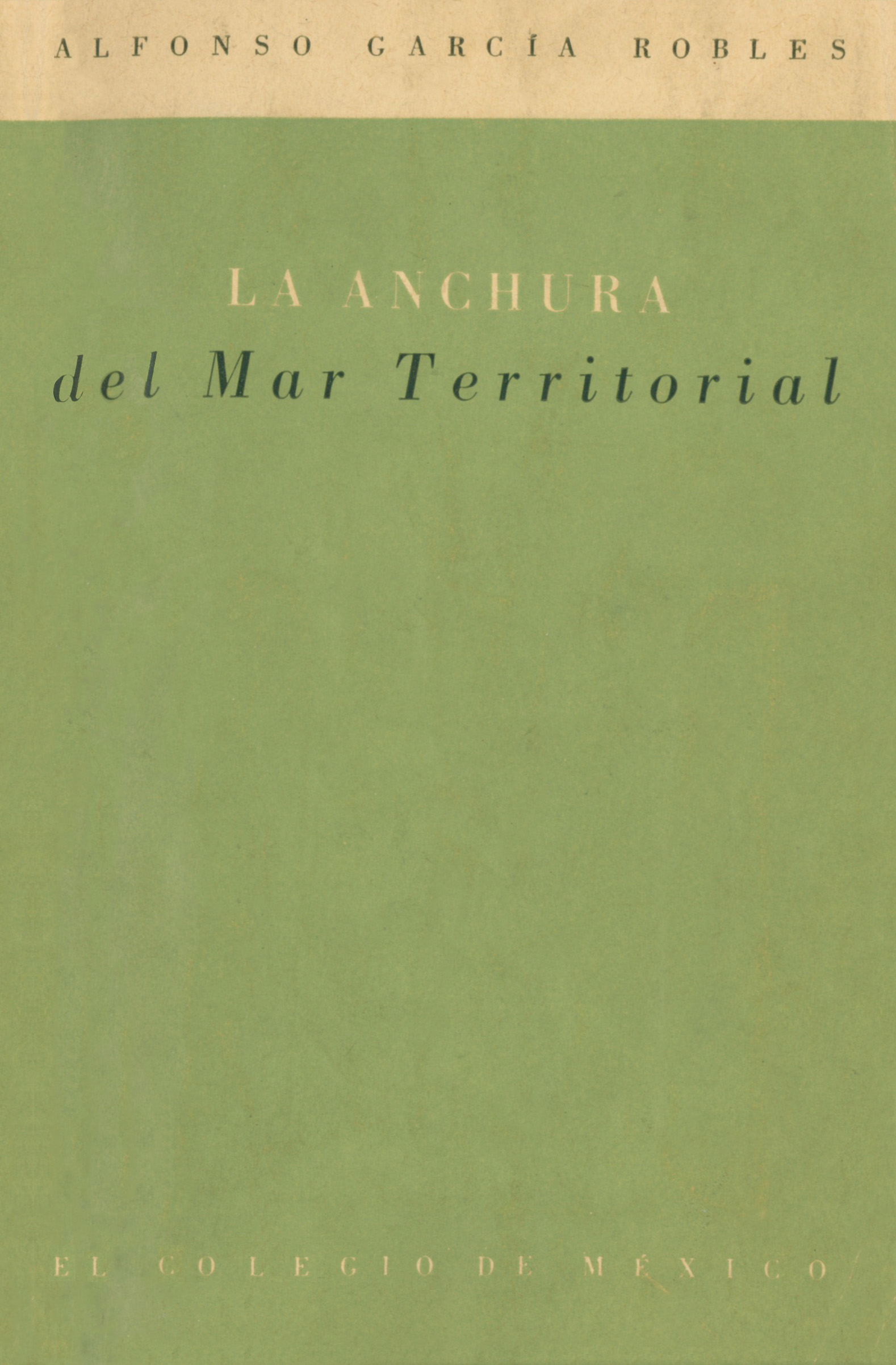
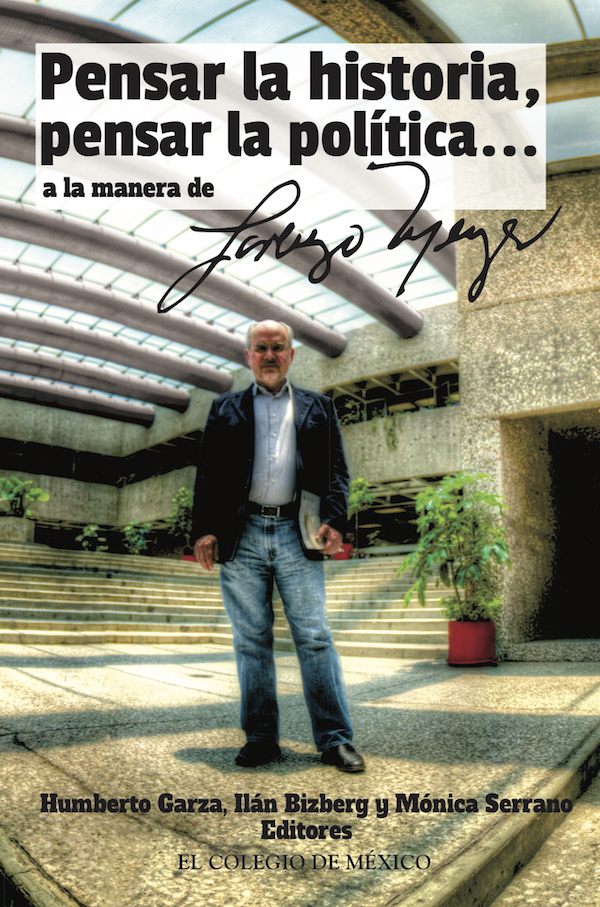
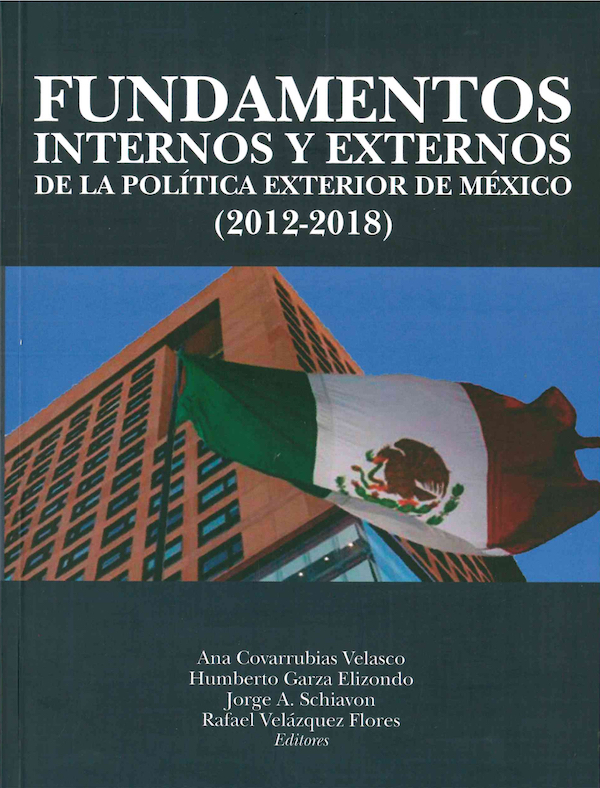
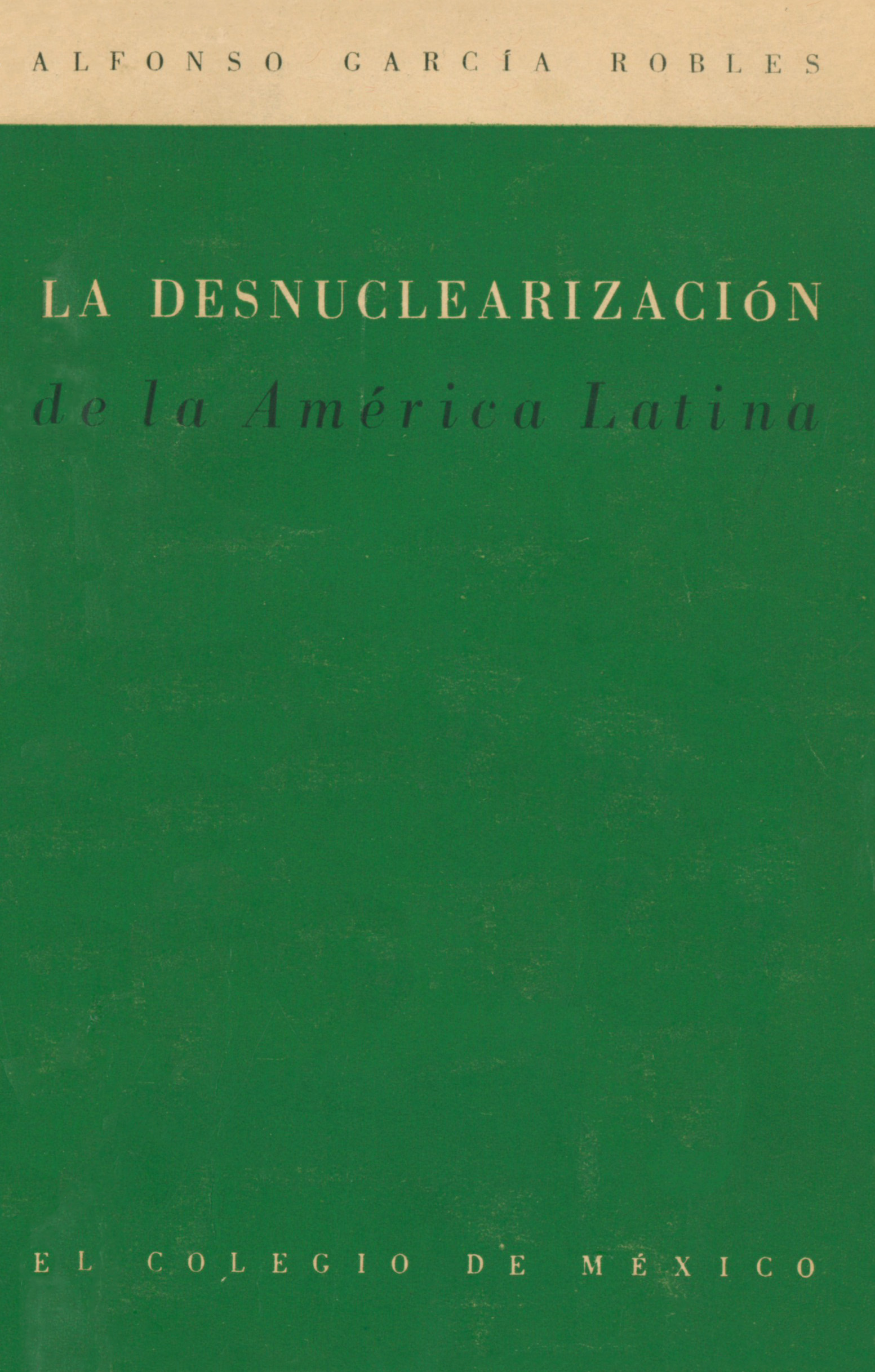
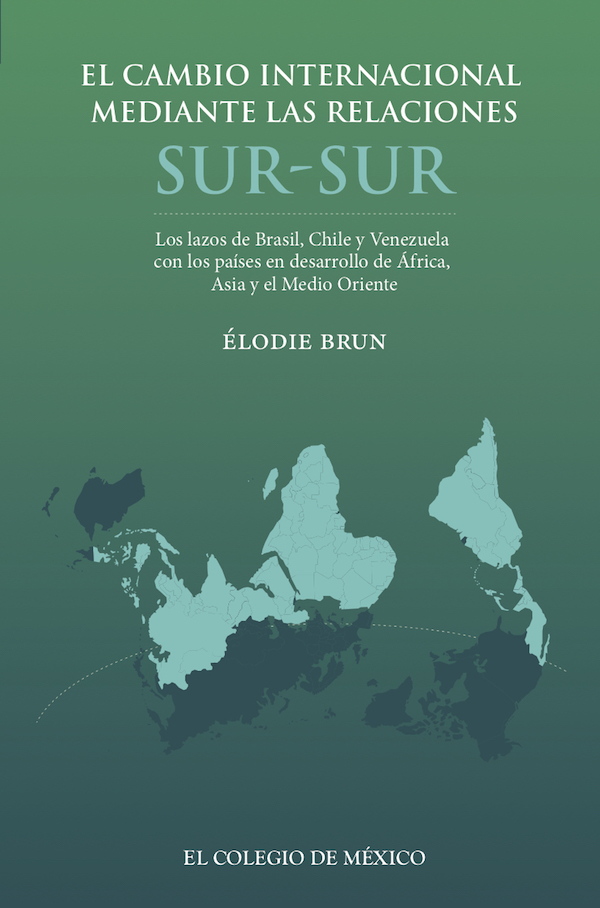
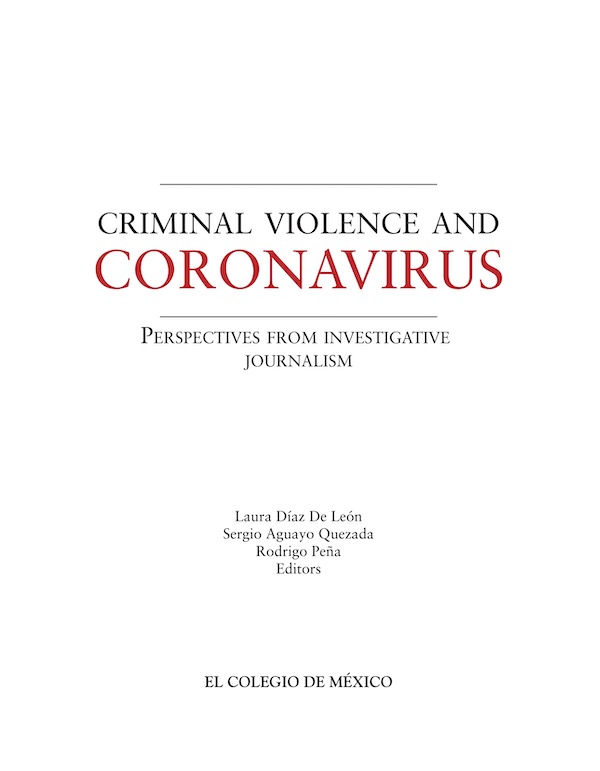

To locate the meaning of this book we must go back to the early years of the 20th century. During the rebellion against the dictatorship of Porfirio Díaz and the subsequent stages of the Mexican Revolution, the independent media gained legitimacy because they also fought for freedom of speech, among other freedoms. The Constitution of 1917 acknowledged their role as guarantors of freedom of speech. More than a hundred years later, however, the struggle for freedom of speech continues.
Reliable information makes it possible to make diagnostics on which to build proposals for solutions. Journalism, in general, and investigative journalism, in particular, has the potential to inform and build informed societies. It nourishes democracy. After all, investigative journalism prevents the emergence of zones of silence that make it difficult to understand what is happening in specific places.
Inspired by this history and principles, the Instituto para la Seguridad y Democracia, a.c. (INSYDE), in partnership with the Seminario sobre Violencia y Paz de El Colegio de México (SVyP), designed, promoted, and taught the course-workshop “Press and crime in the pandemic. Investigative journalism on violence and crime in the context of the SARS-CoV-2 pandemic in Mexico.”




Laura Díaz de León
Sergio Aguayo Quezada
Rodrigo Peña
(editors)